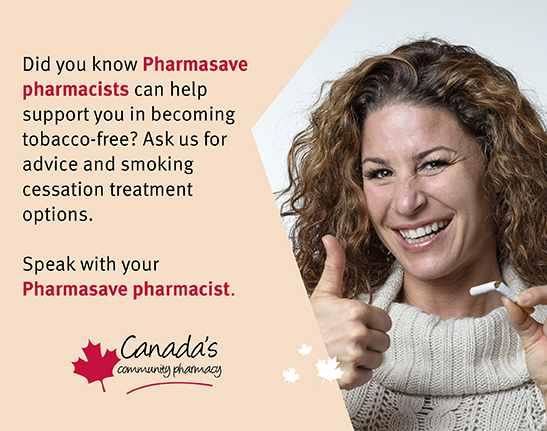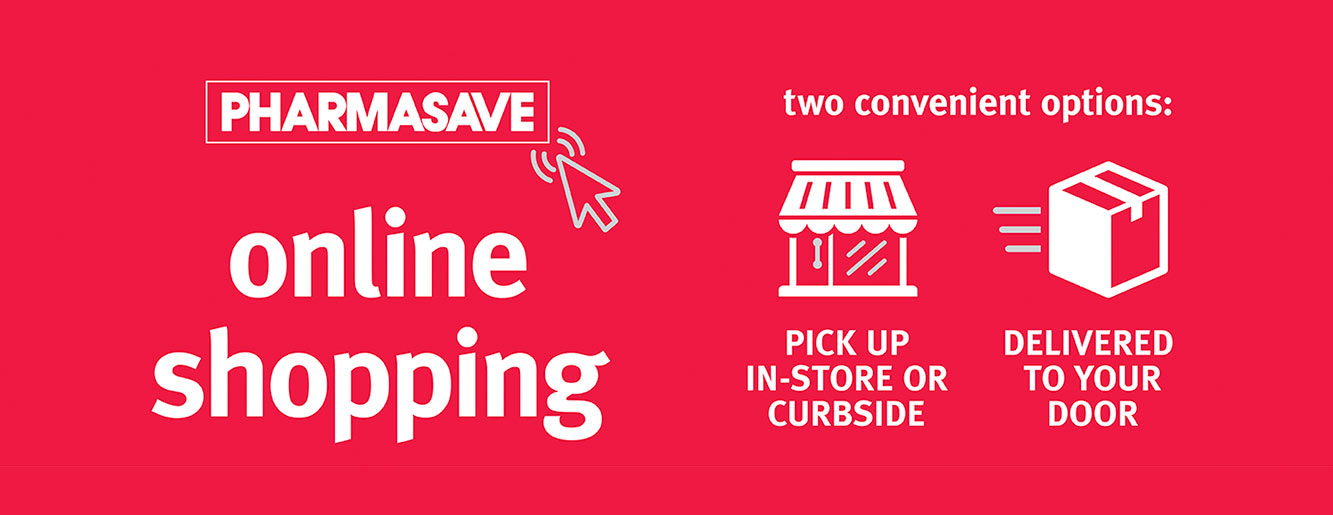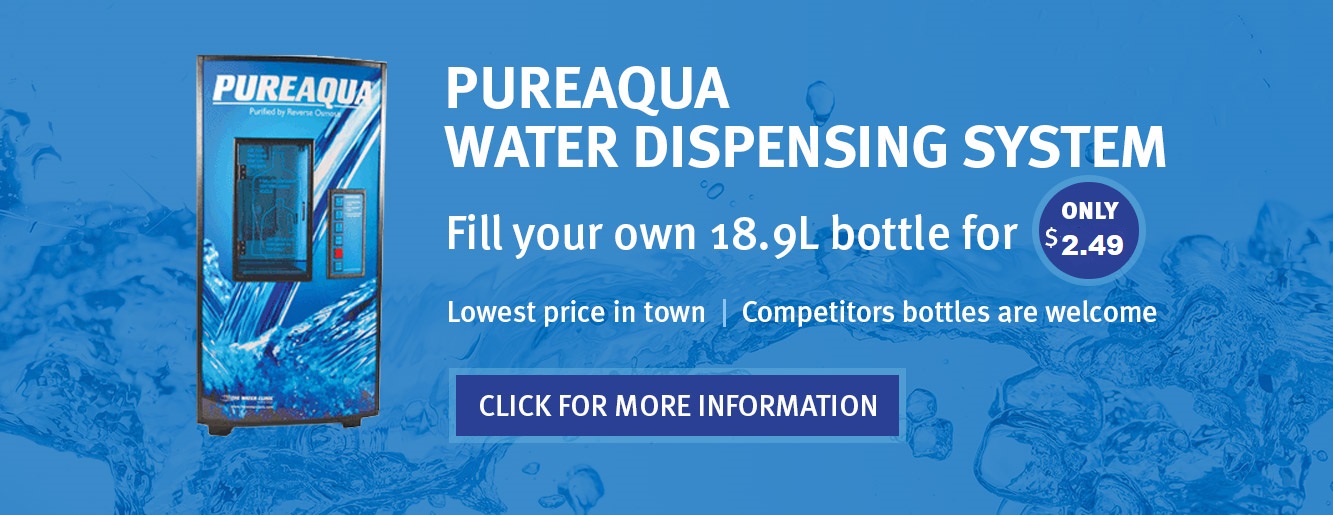
May 2023 – Heart Health
Heart disease is the leading killer of Canadians. There are some risk factors you can’t change, such as family history, age, and race. However, there are many important risk factors that you can work on: high blood pressure, high cholesterol, smoking, and a sedentary lifestyle. Whatever your age, you can work towards a healthier heart.
High blood pressure and lifestyle changes
Lowering your blood pressure means making lifestyle changes, including increasing your daily physical activity and making healthy food choices. Your doctor may recommend several of these changes to reach your target, possibly in combination with medication.
To help lower your blood pressure, it is important to:
- maintain a healthy weight
- eat a healthy diet
- limit your alcohol and caffeine intake
- participate in regular physical activity
- quit smoking
- reduce your stress levels
Maintain a healthy weight
Maintaining a Body Mass Index (BMI) between 18.5-24.9 and a waist circumference of less than 102 cm for men and less than 88 cm for women is recommended by the Hypertension Canada guidelines.
Eat a healthy diet
Watching the foods you eat can help lower your blood pressure and possibly help you lose excess fat. It is also good to increase consumption of heart-healthy foods that are low in saturated fats and cholesterol. Nutrition labels on foods make nutrient facts visible for everyone. Reducing salt intake is recommended for people with hypertension.
One diet that is designed for people with hypertension is called Dietary Approaches to Stop Hypertension (DASH). This diet involves an increase in the consumption of grains, fruits, vegetables, and low-fat dairy products and a reduction in salt intake. Before considering this eating plan, it’s important to talk to your doctor.
Visit Health Canada’s website to get a copy of Canada’s Food Guide for more information on healthy eating.
Limit your alcohol and caffeine intake
Alcohol and caffeine increase blood pressure in some individuals. Women should drink no more than 9 alcoholic drinks per week, and men no more than 14. Reducing the amount of alcohol consumed on a daily basis can help decrease blood pressure.
Participate in regular physical activity
Regular physical activity provides many benefits to people living with hypertension. It decreases stress, strengthens the heart muscles, and burns calories, which may in turn decrease body weight in some people. Since obesity and excess fat, especially around the waist, are risk factors for hypertension and diabetes, regular physical activity is a valuable tool. The Hypertension Canada guidelines recommend 30 to 60 minutes of moderate activity 4 to 7 days per week for adults. Talk to your doctor before starting an exercise program
Quit smoking
Becoming smoke free is not easy, but the benefits of not smoking are clear. Smoking is a risk factor for many diseases, including cardiovascular disease, and can cause permanent damage to blood vessels and arteries.
Reduce your stress levels
Relax, exercise, meditate, and get lots of sleep – these can all reduce stress. You can also find other ways to release stress. Reducing stress can improve your mood and, over time, play a role in lowering blood pressure. Talk to your doctor about ways to manage stress in your life.
High blood pressure is best treated with a combination of approaches. However, lifestyle changes are always an important part of high blood pressure treatment, and are still needed even if you are taking blood pressure medication. If you are diagnosed with hypertension, it’s always a good idea to reach and maintain a healthy weight, increase your exercise levels, and lower your intake of salt and alcohol. But if lifestyle changes alone are not effective enough, if your blood pressure is very high, or if you have complications from high blood pressure, medication is usually added.
Ask Your Pharmacist
Question: How do I know I’m reaching the target blood pressure my doctor has set for me?
Answer: Your target blood pressure depends on your medical condition(s) as well as other factors, so, it’s important to have a discussion with your doctor and your Pharmasave pharmacist. These healthcare professionals can offer advice about what your target blood pressure should be and how to reach it.
In general, the recommended target blood pressures are:
- less than 140/90 for people considered low risk
- less than 130/80 for people with diabetes
- less than 120 (systolic blood pressure) for people considered high risk (i.e., those aged 75 years and older, those with chronic kidney disease, those with heart disease, etc.)
Consider getting a home blood pressure monitor to track your blood pressure. Your pharmacist can help you determine which blood pressure monitor to get depending on the appropriate features and teach you how to use it correctly.
If your blood pressure is consistently outside of your target range, there are a few possibilities to be considered and discussed with your healthcare provider:
- Trouble following your healthy living plan
- Trouble managing your stress levels
- Trouble taking your medication as directed
Health Tip
Letting go of the habit of smoking is worth it! Improvements in your overall health happen almost immediately after you’ve had your last puff of a cigarette.
- Within 20 minutes of stopping, your heart rate and blood pressure return to levels near those before your last cigarette.
- After 8 hours, carbon monoxide levels in your body return to normal.
- Within 24 hours, your chances of having a heart attack begin to decrease.
- After as little as 2 weeks, you start to breathe more easily.
- After 2 weeks, you start to feel less tired and will not experience extreme shortness of breath.
- A year later, your risk of heart disease will have dropped by 50%.
- Within 10 years, your risk of dying from lung cancer will decrease by half.
- After 10 years, your risk of dying from a heart attack will return to the level of a person who has never smoked.
Ask your Pharmasave pharmacist on how to become tobacco-free. Your health, your Pharmasave – we’re here to help!
Learn more about the benefits of becoming tobacco-free here.



